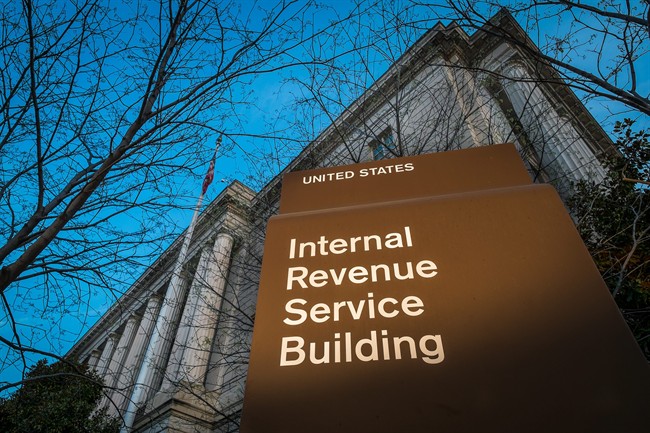More than 100 people wrote to the federal Finance Department in February and March slamming a new Canadian law that would require banks to give the IRS financial information of clients with apparent U.S. citizenship.

They got no response from Ottawa.
Under the intergovernmental agreement, Canadian banks will try to identify accounts held by American citizens and report them to the IRS through the Canadian Revenue Agency. If they don’t comply, banks face a punitive 30% withholding tax on their U.S. investments.
One person was “appalled, incredulous and angry”; another asked Ottawa to “resist these threats to our autonomy and sovereignty with all means available.” Another argued that “with a huge cost and no benefit to Canada, this is not an agreement at all but a surrender.”
The finance department released more than 400 pages of responses under access-to-information-laws. In most cases, the writers’ names were redacted.
Enabling legislation for FATCA, which is part of the budget bill, passed third reading in the House of Commons last Wednesday and achieved royal assent on Friday.
After the deal was announced Feb. 5, the Federal Finance Department asked the public for submissions, due by March 10.
In response, they got 108 letters from private citizens and an analysis of the deal by law professors Allison Christians and Arthur Cockfield, who teach at McGill and Queen’s, respectively.
Christians and Cockfield said the pressure on Canada to sign the agreement is understandable, given that the threatened penalties on Canadian banks ‘could effectively shut down the Canadian financial industry.’
But they called the deal, and the underlying U.S. legislation, “an inexplicable and incoherent departure from recognizable tax treaty practice … on the part of the United States. In unilaterally enacting FATCA into its domestic law, the U.S. breached the terms of its existing tax treaty with Canada. … This is a violation of international law.”
IN DEPTH: FATCA
There were also submissions from accounting firms Moodys Gartner and KPMG, which dealt with technical aspects of the deal.
The United States requires its citizens to file tax returns and reports on “foreign” accounts no matter where they live, whether they owe U.S. taxes and how tenuous their connection to the U.S. Failing to do so can lead to large financial penalties.
One letter-writer said he was born while his Canadian parents were visiting Buffalo, N.Y., and left the U.S. when he was five days old.
“It is ridiculous to expect a five-day-old infant to exit the U.S. understanding American tax law,” he wrote. “FATCA has been rolled out retroactively on American citizens abroad who for the most part had no clue they are expected to file.”
Ottawa responded to none of these submissions, Finance Department spokesperson Stephanie Rubec wrote in an e-mail.
“The Department does not generally provide responses to stakeholders that offer submissions as part of these consultations.”




Comments